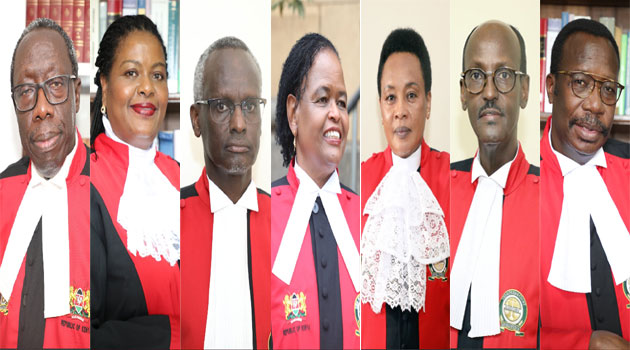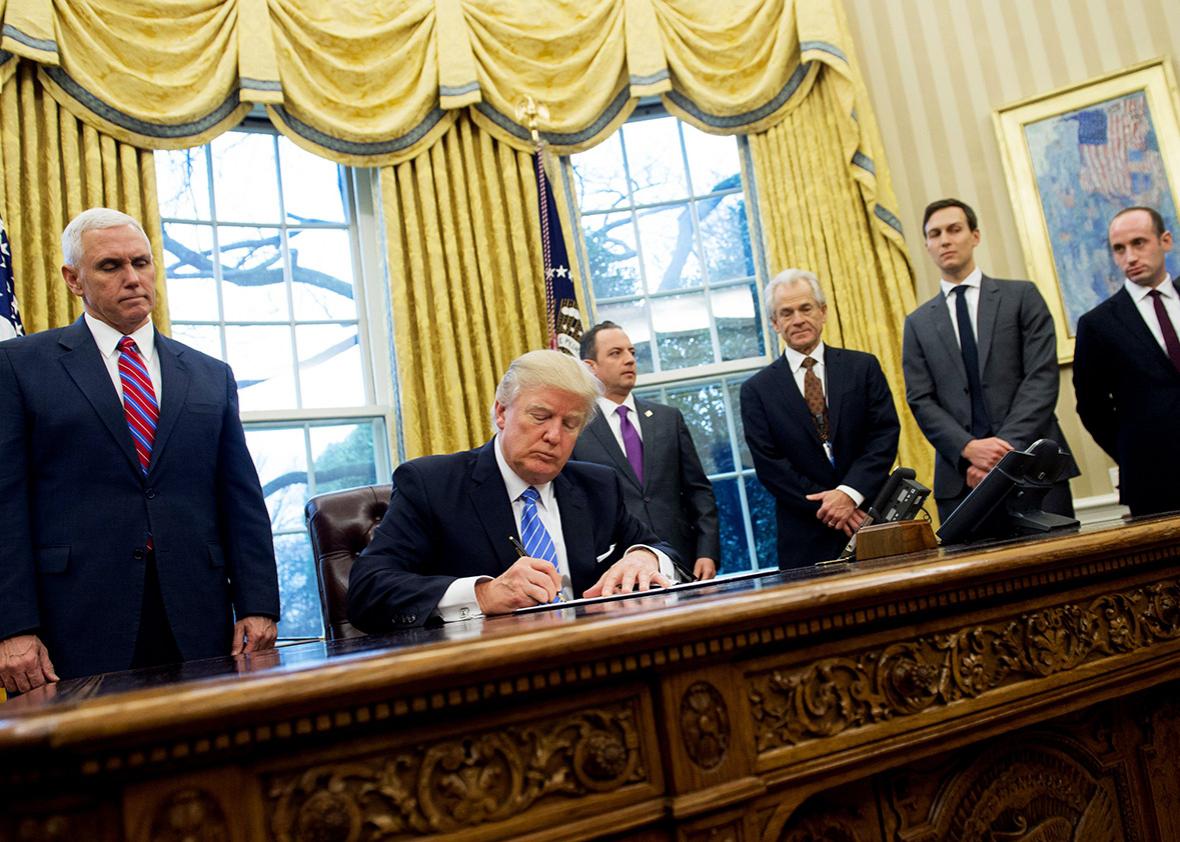Abortion Laws in Kenya: Time to Align Policy with the Constitution
Despite constitutional protections, access to safe and legal abortion in Kenya remains limited due to conflicting laws, stigma, and fear. As the 2025 general election approaches, reproductive rights must be prioritized as a fundamental issue of health, justice, and human dignity.

Access to safe and legal abortion remains a significant human rights concern in Kenya. The Constitution of Kenya, enacted in 2010, permits abortion when, in the opinion of a trained health professional, there is a need for emergency treatment, or the life or health of the pregnant woman is in danger, or if permitted by any other written law. However, despite this constitutional provision, the Penal Code of Kenya still criminalizes abortion in most circumstances, leading to confusion among healthcare providers and the public.
In March 2022, the High Court of Kenya affirmed that abortion is a fundamental right under the Constitution and ruled that arbitrary arrests and prosecutions of patients and healthcare providers seeking or offering abortion care are illegal. Despite this ruling, many women continue to face significant barriers to accessing safe abortion services, including stigma, lack of information, and fear of legal repercussions.
Unsafe abortions are a major public health issue in Kenya, contributing to a significant number of maternal deaths and health complications. A study estimated that in 2012, there were approximately 464,000 induced abortions in Kenya, with a large proportion performed under unsafe conditions. This situation underscores the urgent need for clear policies and public education to ensure that women can access safe reproductive health services without fear or stigma.
Advocacy groups such as the Kenya Legal and Ethical Issues Network on HIV and AIDS (KELIN), the Federation of Women Lawyers Kenya (FIDA-Kenya), and Women Link Worldwide (WLW) have been instrumental in challenging restrictive abortion laws and advocating for women's reproductive rights. These organizations emphasize that denying women access to safe and legal abortion services is a violation of their constitutional rights and disproportionately affects marginalized and vulnerable groups.
In the upcoming 2027 general election, it is imperative that political parties and candidates address the issue of abortion rights openly and commit to upholding and implementing the constitutional provisions that protect women's health and autonomy. Ensuring access to safe and legal abortion services is not only a matter of public health but also a fundamental human rights issue that deserves attention and action in the political arena.
What's Your Reaction?















































































































